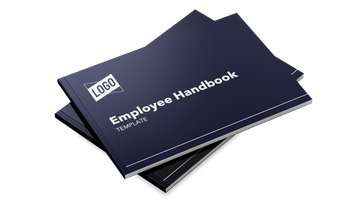Can we tell employees to not speak a different language (other than English), during work hours in the workplace?

Table of contents
- 1.Examples of when the English-only rule can be used
- 2.Full disclosure
- 3.Helpful links
In general, employers must allow employees to speak their native language during work hours, unless it interferes with reasonable and necessary business operations.
The EEOC (Equal Employment Opportunity Commission) is a federal agency that enforces the laws on workplace discrimination. It also provides answers to questions about discrimination in the workplace related to employees on the basis of natural origin. Its fact sheet offers guidance on speaking another language in the workplace.
Examples of when the English-only rule can be used
- Perhaps an employee communicates with customers in his native language as part of his regular job duties, but most of his co-workers speak only English. His employer could invoke an English-only rule for interoffice communications with English speaking coworkers. An employer also could require employees to speak only English with customers who speak only English. However, speaking native language at work would be allowed during personal time, such as breaks and lunch periods, as well as conversations on his personal phone.
- Communication is vital during times of crisis or an emergency that threatens the safety of workers and clients. At such times, speaking other languages at work could cause serious problems. A workplace language policy may require that only English be used to ensure the safety of people and property. Poor communication during crisis is unacceptable.
- Imagine the chaos of a company meeting where several conversations are taking place in different languages, causing key people to miss out on important collaborations. In such a circumstance, the employer may require an English-only rule during the meeting to promote efficiency and unity of purpose and that is within their legal right to do so.
Full disclosure
Everyone benefits by knowing the rules regarding language in the workplace and the consequences for breaking them. Employers who have English-only rules may not take disciplinary action against an employee for violations unless they have notified the employees of the rules and the consequences prior to the violation. Full and upfront disclosure, such as a section in the Employee Handbook, prevents future misunderstandings. Federal regulations do not address related questions, such as: Is it rude to speak another language while at work? But any policy must comply with the EEOC rules.
Helpful links
- More Workers Claiming Job Discrimination Over Language, Accents – Insurance Journal
- Language and Accent Discrimination in the Workplace – NOLO – Additional information on job-related fluency and accents

TriNet Team
Table of contents
- 1.Examples of when the English-only rule can be used
- 2.Full disclosure
- 3.Helpful links






